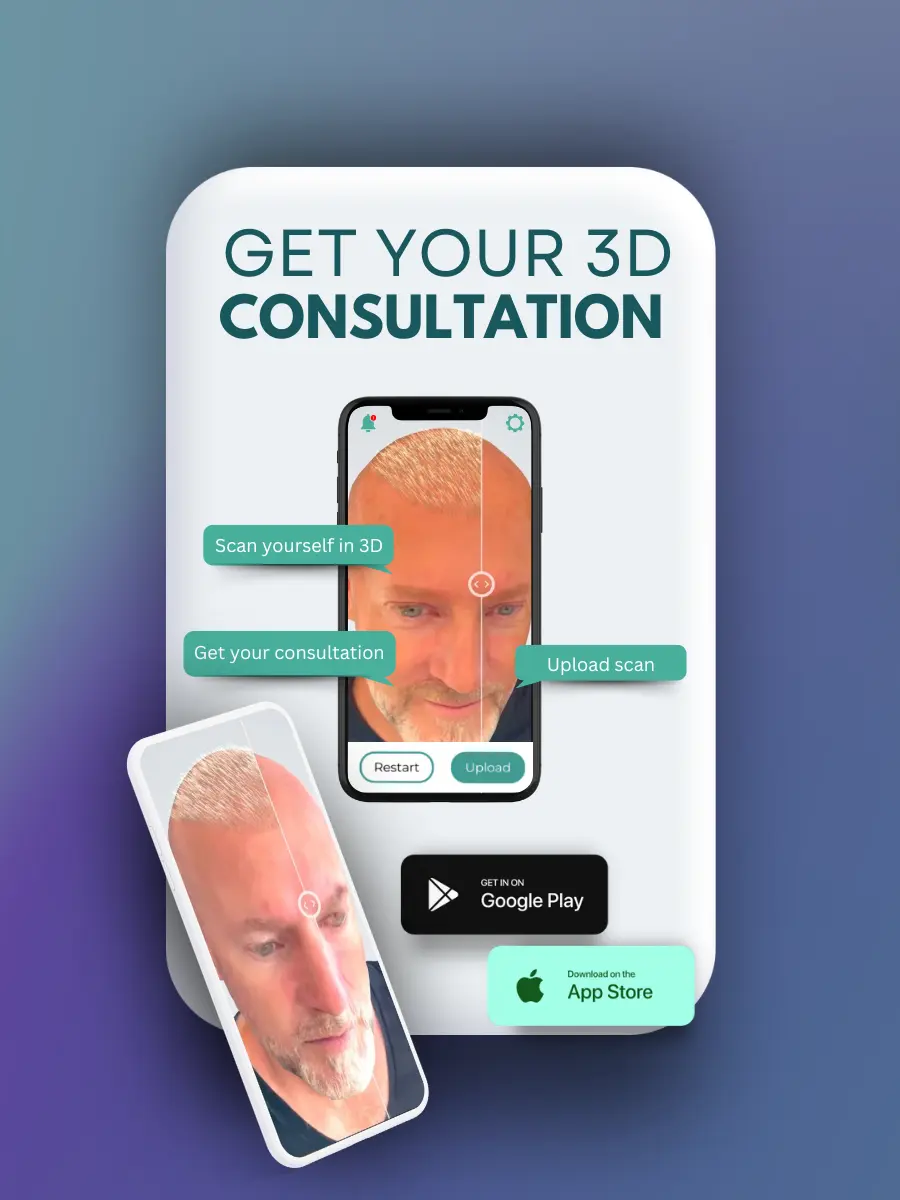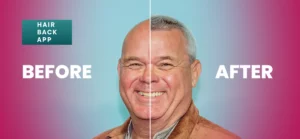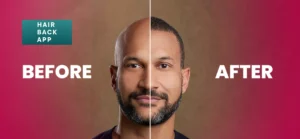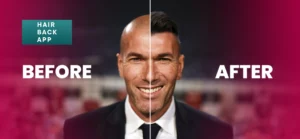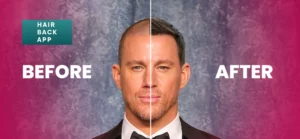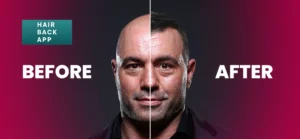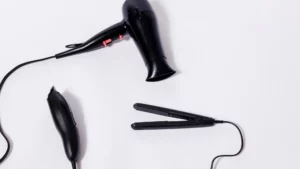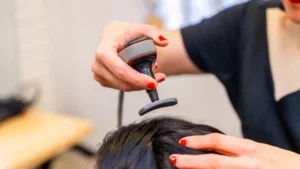Thinning hair can significantly impact one’s confidence and appearance, leading to stress and self-consciousness. Many individuals face this issue, whether due to genetics, aging, or other factors.
My name is Emma Wright, your go-to hair transplant and restoration specialist. Today, we’ll be discussing thinning hair and popular remedies for thinning hair.
This article explores various thinning hair remedies, ranging from natural solutions to specialized products and treatments, to help you achieve healthier, thicker hair. We’ll also delve into lifestyle changes and preventive measures to maintain hair health.
Additionally, for those who have undergone procedures like a hair transplant for long hair, understanding the right remedies and aftercare is essential.

Understanding Thinning Hair
Thinning hair can result from several common causes, including genetics, aging, stress, and poor diet. Hereditary hair loss is often the primary factor, with conditions such as male pattern baldness and female pattern hair loss playing significant roles.
Aging can lead to senescent alopecia, where hair gradually becomes finer and sparser. Stress is another major contributor, often leading to conditions like one-sided hair loss and the need to understand how to regain hair loss from stress.
A poor diet lacking essential nutrients can exacerbate hair thinning. Identifying the root cause of hair thinning is crucial for choosing the most effective remedy, whether it’s addressing nutritional deficiencies or managing stress. Understanding the difference between normal shedding vs hair loss can also help in determining the appropriate treatment strategy.
Natural Remedies for Thinning Hair
Natural remedies have been used for centuries to combat hair thinning and promote hair growth. Here are some effective options:
1. Aloe Vera
Known for its soothing properties, aloe vera can strengthen hair and reduce scalp inflammation. Apply fresh aloe vera gel directly to the scalp, leave it for 30 minutes, and rinse with lukewarm water.
2. Onion Juice
Rich in sulfur, onion juice can improve blood circulation to hair follicles. Extract the juice from an onion, apply it to the scalp, leave it for 15 minutes, and then wash it off with a mild shampoo.
3. Green Tea
Packed with antioxidants, green tea can stimulate hair growth. Brew a strong cup of green tea, let it cool, and use it as a final rinse after shampooing your hair.
These natural treatments can be particularly beneficial for managing conditions like traction alopecia and lichen planopilaris. Regular application can improve overall scalp health and stimulate hair growth.
Best Hair Thickening Products
There are numerous hair-thickening products available on the market, each designed to strengthen and thicken hair strands. Here are some popular options:
- Biotin Shampoos: Biotin, or vitamin B7, is known for its role in promoting hair growth. Look for shampoos that contain biotin as a key ingredient.
- Keratin Treatments: Keratin-infused products can help rebuild the hair’s natural structure, making it appear fuller and healthier.
- Collagen Supplements: Collagen can improve hair elasticity and strength. Incorporate collagen supplements into your diet or use topical products that contain collagen.
When selecting a hair thickening product, consider your hair type and specific needs. For those dealing with shock loss after hair transplant, choosing products that are gentle and nourishing is essential. Using these products as part of your regular hair care routine can help achieve thicker, healthier hair.
Diet for Hair Growth
A balanced diet is crucial for promoting hair health. Essential nutrients like proteins, vitamins, and minerals play a significant role in hair growth. Here are some key nutrients and their food sources:
- Protein: Fish, eggs, and lean meats are excellent sources of protein, which is vital for hair strength and growth.
- Vitamins A, C, and E: These vitamins can improve hair health by promoting scalp circulation and protecting hair follicles. Include foods like spinach, citrus fruits, and almonds in your diet.
- Iron and Zinc: Iron helps carry oxygen to hair follicles, while zinc aids in hair tissue growth and repair. Foods like red meat, beans, and nuts are rich in these minerals.
Incorporating these nutrients into your diet can support hair growth from within. Avoiding foods that cause hair loss, such as those high in sugar and unhealthy fats, can also help maintain hair health. Ensuring a well-balanced diet is one of the most effective thinning hair remedies.
Essential Oils for Hair Loss
Essential oils like rosemary, lavender, and peppermint have been shown to stimulate hair growth and improve scalp health. Here are some methods for using essential oils:
1. Rosemary Oil
Mix a few drops of rosemary oil with a carrier oil like coconut oil. Massage the mixture into your scalp and leave it on for at least 30 minutes before washing it off. Rosemary oil can help improve blood circulation and promote hair growth.
2. Lavender Oil
Known for its calming properties, lavender oil can also improve scalp health. Add a few drops to your shampoo or conditioner, or mix with a carrier oil and massage into the scalp.
3. Peppermint Oil
Peppermint oil has a cooling effect that can increase blood flow to the scalp. Mix a few drops with a carrier oil and massage into the scalp. Leave it on for 20 minutes before washing.
These essential oils can be especially beneficial for addressing scarring alopecia and other forms of hair loss. Regular use can enhance scalp health and support hair growth.
Scalp Treatments for Hair Thinning
A healthy scalp is crucial for hair growth. Regular scalp treatments can improve blood circulation, remove dead skin cells, and maintain a healthy scalp environment. Here are some effective scalp treatments:
- Scalp Massages: Massaging the scalp can stimulate blood flow to hair follicles. Use your fingertips to massage your scalp in circular motions for 5-10 minutes daily.
- Exfoliation: Exfoliating the scalp can remove dead skin cells and promote hair growth. Use a gentle scalp scrub once a week to keep your scalp clean and healthy.
- Medicated Shampoos: Shampoos containing ingredients like ketoconazole or salicylic acid can help treat conditions that cause hair thinning. Consult a dermatologist to choose the right shampoo for your needs.
These treatments can enhance the effectiveness of other thinning hair remedies and help manage conditions like folliculitis after hair transplant. Keeping the scalp healthy is essential for preventing hair thinning and promoting hair growth.
Preventing Hair Thinning
Preventing further hair thinning involves lifestyle changes, proper hair care routines, and avoiding damaging practices. Here are some tips:
- Avoid Tight Hairstyles: Hairstyles that pull on the hair, such as tight ponytails or braids, can cause traction alopecia. Opt for looser styles to reduce strain on the hair.
- Use Gentle Hair Care Products: Choose shampoos and conditioners that are free of harsh chemicals. Look for products that are sulfate-free and designed for thinning hair.
- Reduce Heat Styling: Excessive use of heat styling tools can damage hair and lead to thinning. Limit the use of blow dryers, straighteners, and curling irons, and use heat protectant sprays when styling.
Understanding how to stop hair loss and adopting preventive measures can help maintain healthier, thicker hair over time. Avoiding things to avoid after hair transplant can also be crucial for those who have undergone a hair transplant. Regular maintenance and careful handling of hair can prevent unnecessary hair thinning.
Conclusion
Addressing thinning hair requires a comprehensive approach that includes natural remedies, specialized products, and lifestyle changes. By understanding the underlying causes and implementing effective thinning hair remedies, you can achieve healthier, thicker hair.
Remember, if you’re experiencing severe hair loss, consulting a professional for personalized advice is always a good idea. Incorporate these strategies into your routine and explore the benefits of a holistic approach to managing hair thinning.
Whether you’re dealing with one-sided hair loss or looking for the best hair loss treatments, there are effective solutions available to help you regain confidence and improve your hair health.

